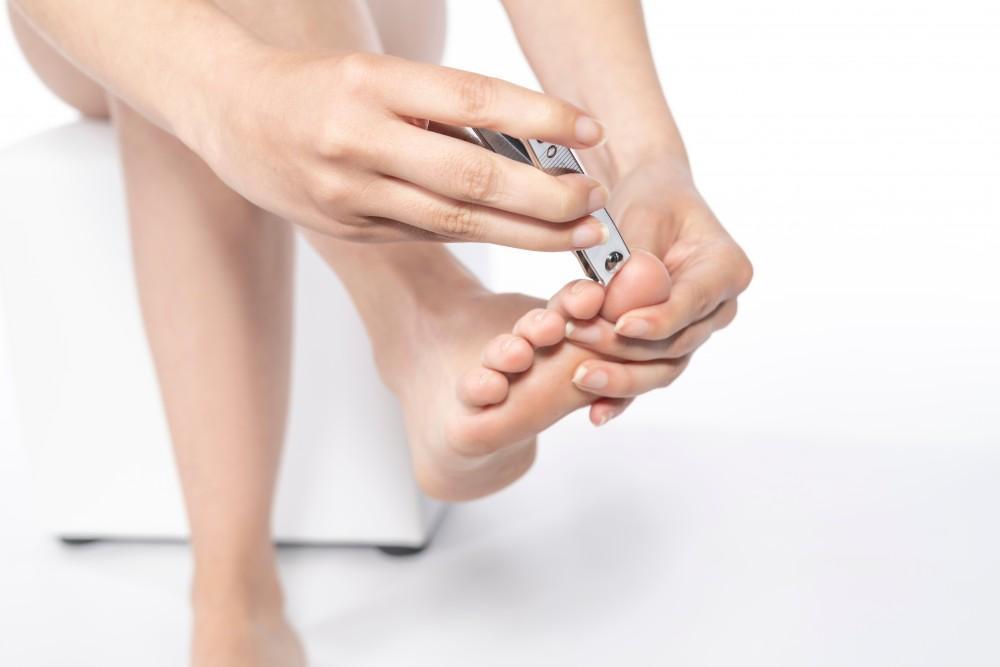
How Your Diet Impacts Your Joints

Joint pain is a broad term covering various conditions, from injuries to arthritis. Regardless of what’s causing your joint pain, you can bet that what you eat or don’t eat is either helping or harming the situation.
As podiatrists, we see plenty of people with joint pain at the Family Foot and Ankle Center of South Jersey. While the treatments vary from case to case, they all share one common factor — nutrition.
Discovering the connection between diet and joint health surprises most people, so we’re dedicating this post to spreading the news that what you eat matters, even to your joints.
How food affects your joints
Whether you roll your ankle and experience a sprain or have been living with arthritis for years, inflammation is the culprit behind all joint pain. Certain foods can exacerbate inflammation, leading to increased joint pain, while others can alleviate it.
An unhealthy diet fuels inflammation and also contributes to weight gain. Extra weight stresses your joints, particularly in your feet, ankles, and knees. Over time, the additional stress can lead to degenerative changes in your joints, causing chronic pain and mobility problems.
More weight equals more joint pain
Weight gain impacts joint pain. As your weight increases, so does the pressure on your weight-bearing joints, such as your knees, hips, and ankles. For every pound you gain, you add four pounds of pressure on your knee and ankle joints. The good news is that the reverse is also true: Every pound you lose relieves four pounds of pressure.
It matters because excess pressure wears down the cartilage that cushions your joints, leading to osteoarthritis. Losing weight, even just a little, can significantly reduce joint pain and slow the progression of arthritis.
Foods that trigger joint pain
Certain foods trigger inflammation, leading to or worsening joint pain. Here are the top offenders:
- Sugar: excessive sugar triggers the release of cytokines — inflammatory messengers
- Salt: high salt intake causes water retention, swelling, and increased pressure on your joints
- Saturated Fats trigger inflammation in the fat tissue, leading to joint pain
The best foods to counteract joint inflammation are found in the Mediterranean diet, including:
- Fresh fruits and vegetables
- Fish (especially those with plenty of omega-3 fatty acids, like salmon)
- Nuts
- Beans
- Whole grains
- Extra virgin olive oil
Avoiding processed foods, sweets, red meat, and fried foods helps you fight inflammation so your joints can function better.
We offer nutritional counseling to help you modify your diet and choose foods to help your joints.
The relationship between diet and arthritis
There are more than 100 types of arthritis, and they all involve joint inflammation. Fortunately, as we’ve discussed, your diet can alleviate inflammation.
For example, rheumatoid arthritis is an autoimmune disorder that causes joint inflammation, and a diet rich in antioxidants can reduce this inflammation.
Gout, another type of arthritis, is directly linked to diet. It occurs when uric acid levels in your blood become too high, often due to consuming foods high in purines, like red meat and certain types of seafood. Limiting these foods can prevent gout attacks.
How our podiatrists treat joint pain
You may not automatically think of seeing a podiatrist for joint pain, but it’s a great place to seek help, especially if the pain is in your feet and ankles.
We approach joint pain treatment from several angles, depending on your condition, symptoms, and other factors.
Medications, including nonsteroidal anti-inflammatory drugs (NSAIDs) and corticosteroid injections, can manage pain and reduce inflammation.
Dietary changes are also crucial. We recommend a diet rich in fruits, vegetables, lean proteins, and whole grains to reduce inflammation and support weight loss.
Regular exercise is another aspect of joint health. Low-impact activities like walking, swimming, or cycling can strengthen the muscles around your joints, reducing pain and improving mobility.
If you’re experiencing gout, your treatment may also involve medications to lower uric acid levels and dietary changes to avoid high-purine foods.
In some cases, orthotics or braces can support the joints, reducing pain and improving function.
Whatever’s causing your foot and ankle pain, we can help — and so can you. Call the Family Foot and Ankle Center of South Jersey in Cherry Hill, New Jersey, to schedule an appointment with our joint pain specialists.
You Might Also Enjoy...


5 Ways to Keep Your Bunion Pain to a Minimum

Gout: What Is It and How Can I Get Rid of It?

Complications of an Untreated Ankle Sprain

Suspect You’ve Broken Toe? How To Tell and What to Do


